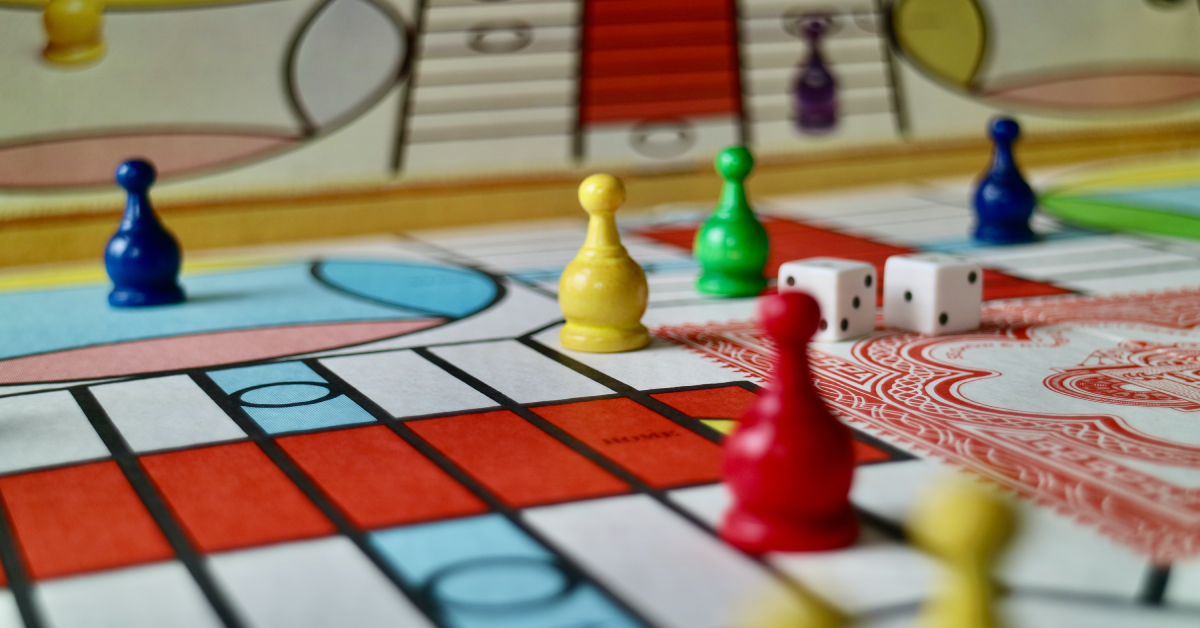May05
Activities to Work On Dyscalculia: Board Games
Children with dyscalculia have difficulty in the acquisition of basic numerical skills. For example, they may have difficulty counting, understanding basic math concepts or memorizing math facts. Among the activities to work on dyscalculia, board games can play an important role in the development of mathematical skills.

Board games
There are several studies that have demonstrated the effectiveness of board games in promoting children’s learning of math skills and improving dyscalculia. But, why are board games good activities for dyscalculia?
Here are some reasons:
- They often require players to use mathematical concepts and skills such as counting, reading numbers related to probability, spatial reasoning and strategic thinking.
- They can help children develop their problem-solving skills. By playing board games, children learn how to tackle problems and find solutions. This skill is essential for success in mathematics and many other subjects.
- They can be a fun way to learn math. By making math part of the game, children are more likely to be engaged and develop a positive attitude toward math.
In general, board games can be a valuable tool for developing math skills in children. They offer a fun and engaging way to learn math concepts and skills.
UNO
UNO is the classic card game that mixes skill and speed. The objective is to finish the cards you are dealt before the rest of the players. All players place their cards on the table in turn, and they must be of the same color and/or of the same type.
Skills worked on
UNO is an excellent game for automating number reading. In addition, with this game we train our working memory, a cognitive capacity that plays a fundamental role in the learning of mathematics.
Shut the box
Shut the box is a traditional strategy game. It is made up of nine cards numbered from 1 to 9 9 that are raised at the start of the game and can be flipped over. It is played with one or two dice, and the objective is to leave the smallest number raised at the end of the game. The player rolls the dice and chooses raised tiles that add up to the sum of the dice. When there are no more tiles left that add up to what has come out, the game ends, your score is the sum of the remaining tiles. When the numbers 7, 8 and 9 are down, you can choose whether to roll a single die or both.
Skills worked on
Shut the box is one of the recommended activities to work on dyscalculia, as it allows working on several mathematical skills:
- Additive decomposition of numbers.
- Learning strategies.
- Mental arithmetic.
- Sum of two quantities between 1 and 6.
- Subitizing dice faces.
Snakes and Ladders
Snakes and ladders is a classic board game. The squares of the board are all numbered and the objective of the game is to reach the final square. It can be played with one die or with two. The player rolls the dice and moves his piece as many squares as the sum of the dice.
Skills worked on
With this game many of the specific precursors for learning mathematics are worked on and for this reason, in addition to being playful, it is one of the best activities to work on dyscalculia. Specifically, the following concepts are worked on:
- Reading numbers.
- Mental number line.
- Mental arithmetic.
- Sum of two quantities between 1 and 6.
- Subitizing dice faces.
In the case of dyscalculia, Early identification and attention in children helps to reduce difficulties. The dyscalculia test Smartick’s free dyscalculia test can help parents, teachers and professionals by providing information about the risk of having dyscalculia. If you have doubts about the possibility of your child having dyscalculia, do not hesitate to consult a specialist.
- Dyscalculia Exercises in PDF to Work on Place Value - 28 de September de 2023
- Activities to Work On Dyscalculia: Board Games - 5 de May de 2023
- Dyscalculia Treatment: LEGO building blocks - 19 de April de 2023

